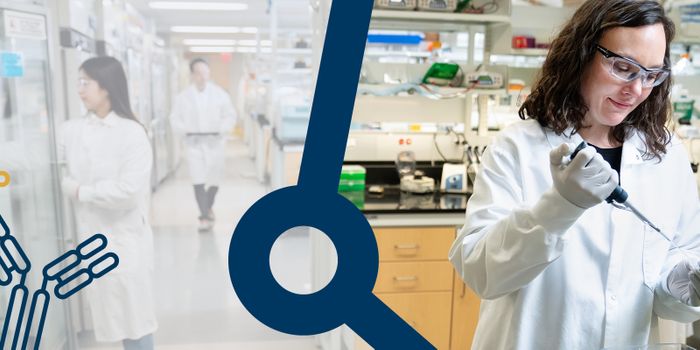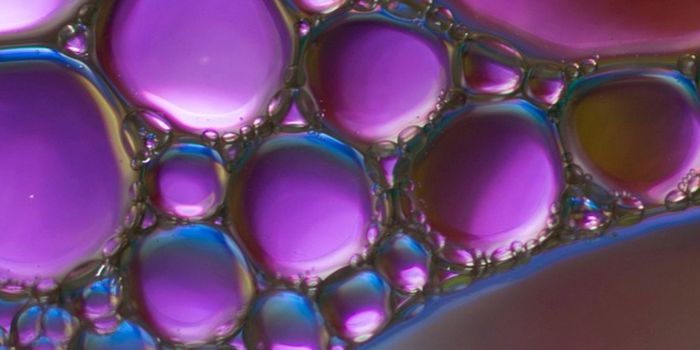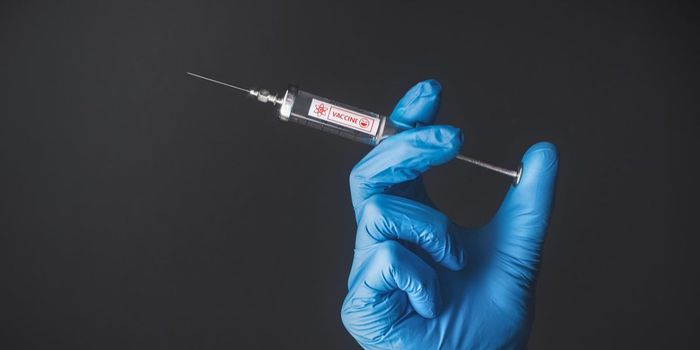Scientists are testing a new drug that could minimize the risk of life-threatening infections in patients with traumatic brain injuries.
The infections, as well as brain inflammation, are the result of the body’s natural disease-fighting immune response, called “complement.”
“When tissue is injured in an accident, this part of our immune system sees the tissue as ‘foreign’ and responds in an inappropriate way to make the damage even worse,” says Claire Harris, a professor from Cardiff University’s Institute of Infection and Immunity, who led the research.
Harris and colleagues have engineered a new duel “homing” agent that, when given to mice, inactivated the complement system in the brain, reduced inflammation, and aided recovery.
“Widespread blocking of this part of the immune system after traumatic brain injury helps damaged brain tissue to survive and improves neurological recovery in mice. Unfortunately, this treatment approach could be harmful to humans because complement is essential for fighting infections—that’s why this homing agent is so significant.
“We have engineered a drug that combines two different activities in one molecule. One arm ‘targets’ the drug to the site of tissue damage, thus concentrating the therapy exactly where it is most needed, and the second arm (CD59) inhibits a specific part of the complement system that would drive further damage if left unchecked.
“This drug therefore delivers therapy to where it is needed, freeing up the complement system to fight infection in the rest of the body.”
The study, published in the
Proceedings of the National Academy of Sciences, showed that when the homing agent was injected into mice immediately after traumatic brain injury, it specifically targeted the injured tissue, serving to inactivate the complement system and reduce inflammation and neuronal damage.
“Development of this new homing agent is exciting. We’ve shown that it can be administered in mice some time after the trauma and still be effective,” says Harris. “If our findings can be translated into humans this could be life-changing for patients with head injuries.”
Source:
Cardiff University
This article was originally published on
futurity.org.









